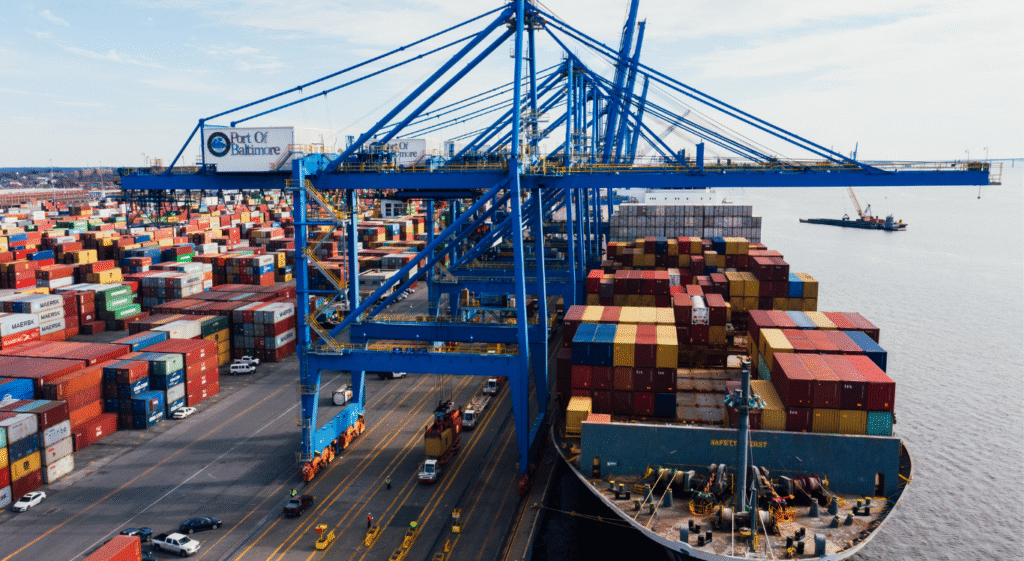In today’s fast-moving world, the ability to track shipments is no longer a luxury—it is a necessity. Global cargo movers tracking refers to the process of monitoring shipments as they move from one point to another across cities, countries, or even continents. Whether it’s air freight, ocean cargo, or road transport, tracking systems provide real-time updates on the movement of goods.
For businesses, this means greater control over their supply chain. Knowing where a shipment is at any given time helps companies plan better, reduce delays, and keep customers informed. For individuals, tracking provides peace of mind, especially when shipping important documents, personal goods, or high-value items overseas.
Most cargo movers today use digital platforms, mobile apps, and tracking numbers that customers can enter online. This simple system makes it easy to access shipment status in seconds. Features like delivery timelines, estimated arrival dates, and delay notifications keep users updated without constant back-and-forth communication.
Global cargo movers tracking has become an essential part of logistics, ensuring that businesses and individuals stay connected to their goods no matter where they are in the world.
Why Tracking Matters in Global Shipping
The importance of tracking cannot be overstated. Global trade involves multiple carriers, border clearances, and handovers between different transport providers. Without tracking, shipments could easily get delayed or lost. Tracking adds transparency, accountability, and trust to the process.
Businesses rely heavily on accurate tracking to manage their inventory. For example, a retailer importing products from Asia to the United States needs to know the exact shipping status to ensure shelves remain stocked. A delay in information can disrupt sales, delivery schedules, and customer satisfaction.
Tracking is equally important for individuals. Imagine sending personal belongings abroad without knowing their location—it would cause stress and uncertainty. With a tracking number, customers can monitor every stage, from departure to customs clearance to final delivery.
Here’s a quick look at how tracking supports different users:
| User Type | Benefit of Tracking |
|---|---|
| Businesses | Helps in inventory planning and reduces delays |
| Retailers | Ensures products arrive on time for customers |
| Individuals | Provides peace of mind for personal shipments |
| Logistics Teams | Improves efficiency and coordination |
Tracking also reduces the chances of theft or loss. Since shipments are constantly monitored, carriers are held accountable, and customers feel more confident about their deliveries.
Features of Global Cargo Movers Tracking Systems
Modern cargo tracking systems come with features that make shipping easier and more reliable. One of the most common features is real-time updates. Customers can see exactly where their goods are and whether they are on schedule.
Another key feature is estimated time of arrival (ETA). This helps businesses and individuals plan ahead. If a shipment is delayed due to weather, customs checks, or other factors, the system updates the ETA so customers can adjust accordingly.
Tracking systems also provide detailed history. For example, a customer can view when a package was picked up, when it reached a warehouse, and when it was dispatched for delivery. This timeline creates transparency and builds trust.
Some advanced systems offer additional features such as:
Email or SMS alerts for shipment updates
GPS-based location details
Integration with business inventory systems
Multi-language support for international users
By offering these features, cargo movers make the entire shipping process smoother and more reliable. Customers no longer have to wonder where their goods are—they can check instantly and receive updates automatically.
The Future of Global Cargo Tracking
The future of global cargo movers tracking looks promising, with technology playing a big role. Artificial intelligence, GPS, and blockchain are transforming how goods are tracked worldwide.
AI can predict delays based on weather conditions, port congestion, or traffic, allowing companies to plan alternative routes. GPS tracking offers pinpoint accuracy, ensuring shipments are visible in real-time. Blockchain adds security and transparency by recording each step of the shipping journey in a digital ledger that cannot be altered.
For customers, this means even greater accuracy, fewer delays, and enhanced reliability. In the future, tracking systems may also integrate with smart devices, allowing users to receive voice updates or track shipments via digital assistants.
Sustainability is another trend shaping the future. Cargo companies are focusing on reducing their carbon footprint, and tracking systems will play a role by helping optimize routes and reduce fuel consumption. This not only benefits the environment but also reduces costs for businesses and consumers.
With continuous innovation, global cargo movers tracking will remain at the heart of international shipping, ensuring goods move safely, efficiently, and transparently across the world.
FAQs About Global Cargo Movers Tracking
Q1: How do I track my cargo shipment?
You can use the tracking number provided by your cargo mover and enter it on their official website or app.
Q2: Can I track international shipments in real-time?
Yes, most modern cargo tracking systems offer real-time updates for both domestic and international shipments.
Q3: What happens if my cargo is delayed?
Tracking systems usually update the estimated arrival date. You can also contact customer support for more information.
Q4: Is global cargo tracking secure?
Yes, tracking systems are designed to keep shipment information secure and private, accessible only with a valid tracking number.
Q5: Do all cargo movers offer tracking services?
Most reputable global cargo movers provide tracking, but features may vary depending on the provider.



